Sartore beganThe Photo Arkback in 2006, and he has since photographed over 10,000 different species.
The Photo Arkcan be found on Nat Geo television networks and streaming.
You recently photographed the Double-Wattled Cassowary and the Indonesian Spitting Cobra, two particularly dangerous animals.
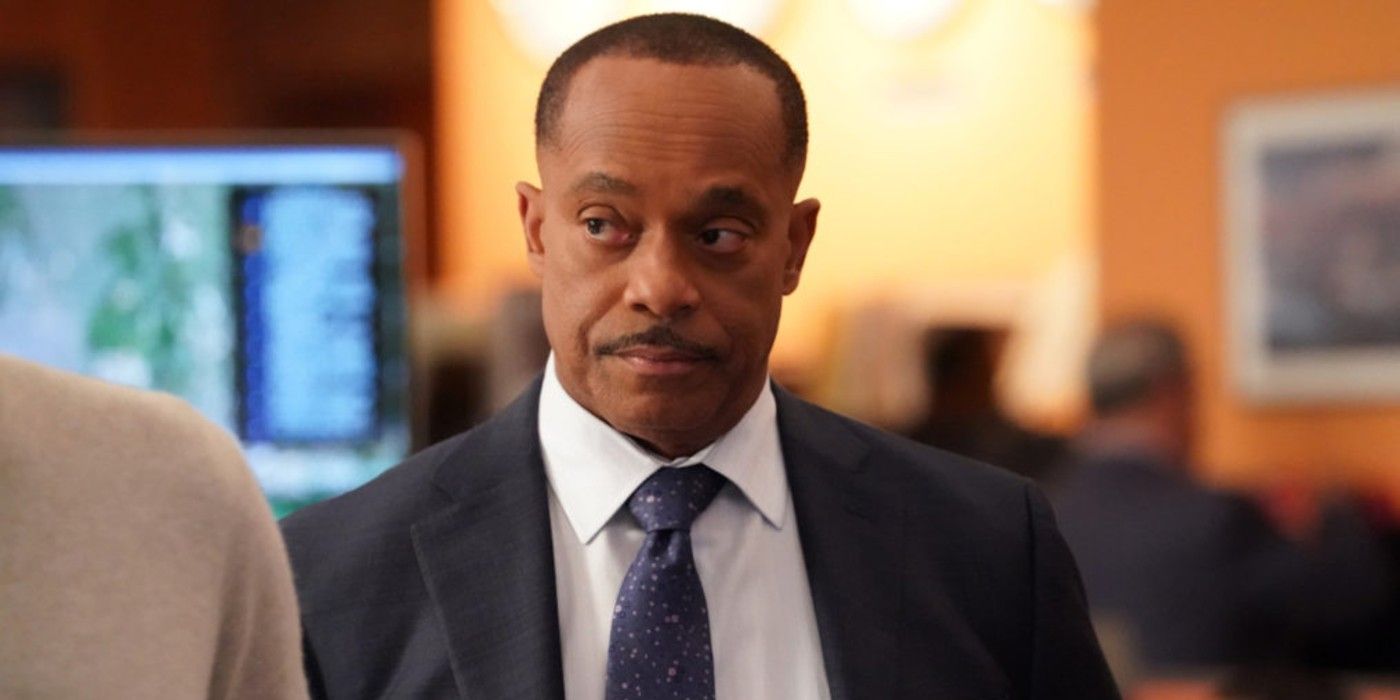
You took extra safety precautions with these critters.
What were these precautions, and did they impact your process and relationships with these animals?
Well for the spitting cobra, I wore gloves and a plastic mask.
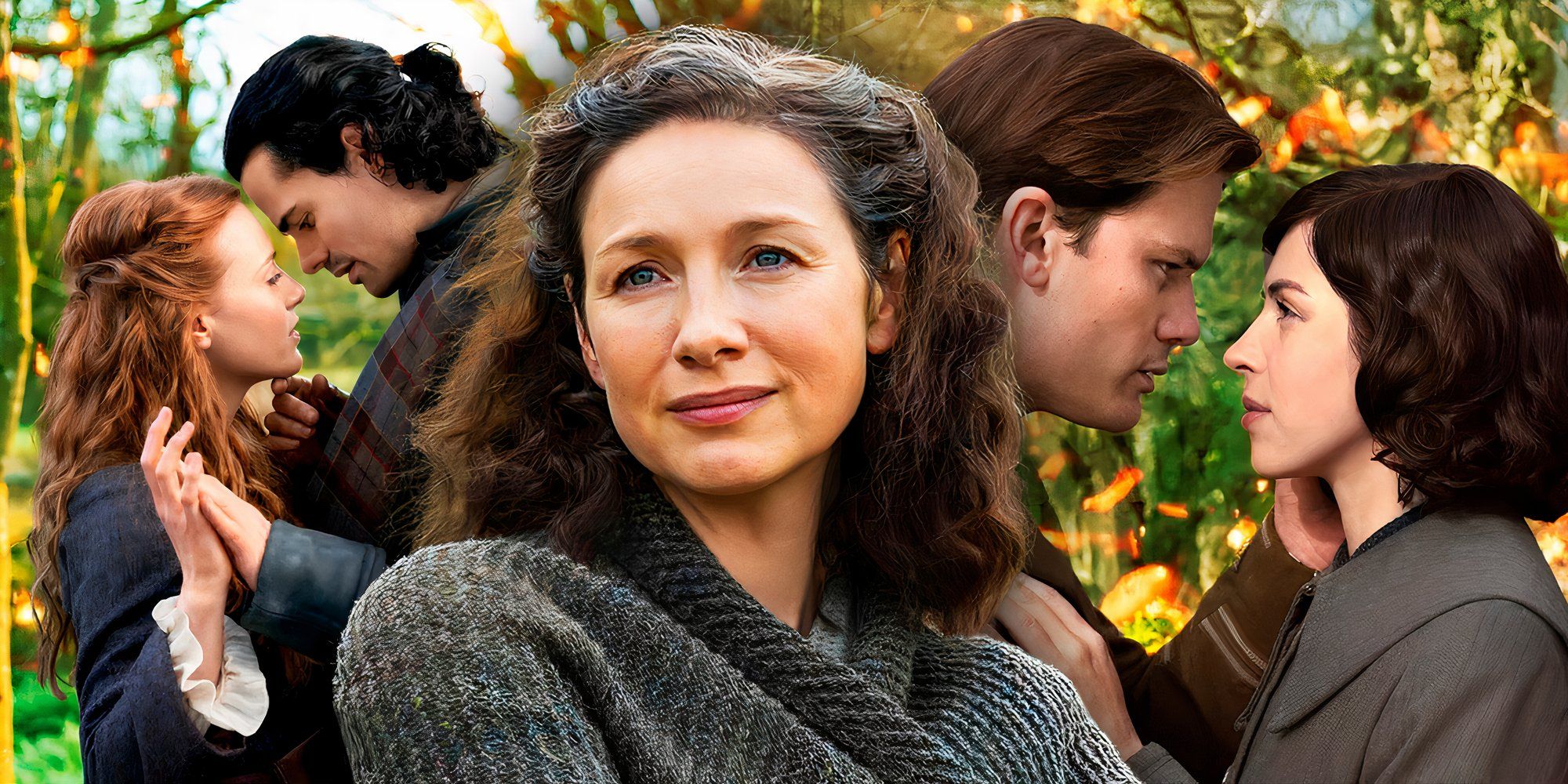
With every animal I photograph for the Photo Ark, there are always precautions we take.
Kind of related to that, do you have any battle wounds?
If so, did you get the shot?
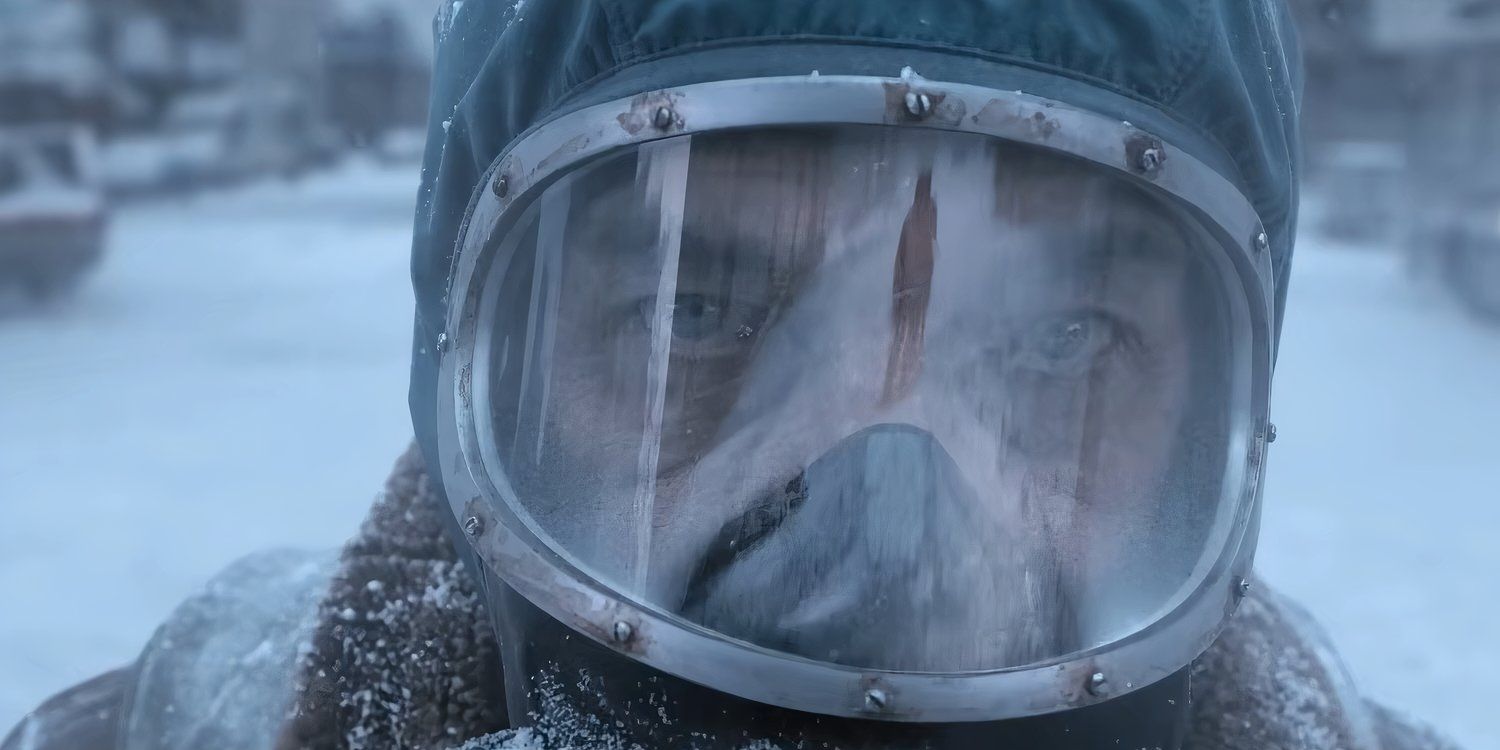
Ive been bit a few times by animals during Photo Ark shoot, but nothing serious.
In reality, very few people are killed or wounded by wild animals.
Most times, wolves and anacondas arent the biggest sources of concern while on assignment.
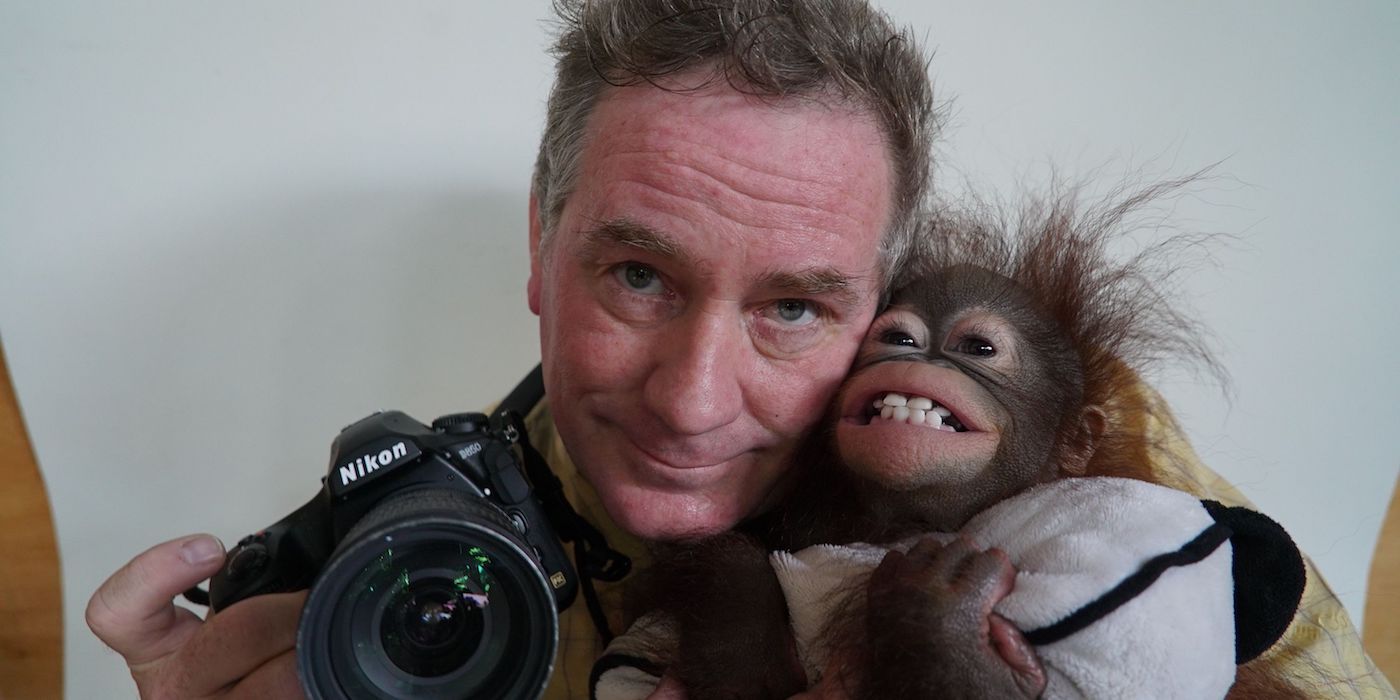
Instead, its insect-borne disease we worry about.
In many parts of the world we face malaria, yellow fever, typhoid and myriad other diseases.
It took a month-long chemo to knock that one out.
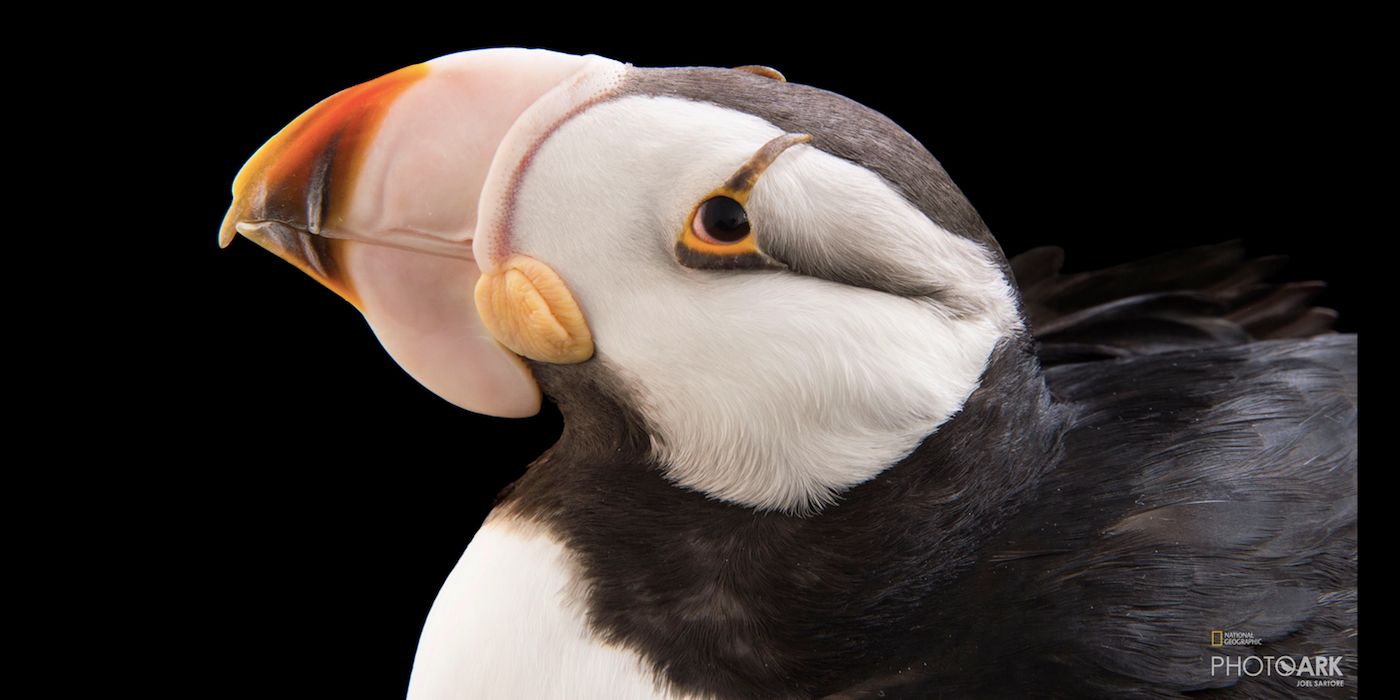
You’ve been photographing animals for a long time.
I’ve always been interested in animals, since I was a little boy.
My mother had a set of Time-Life picture books.
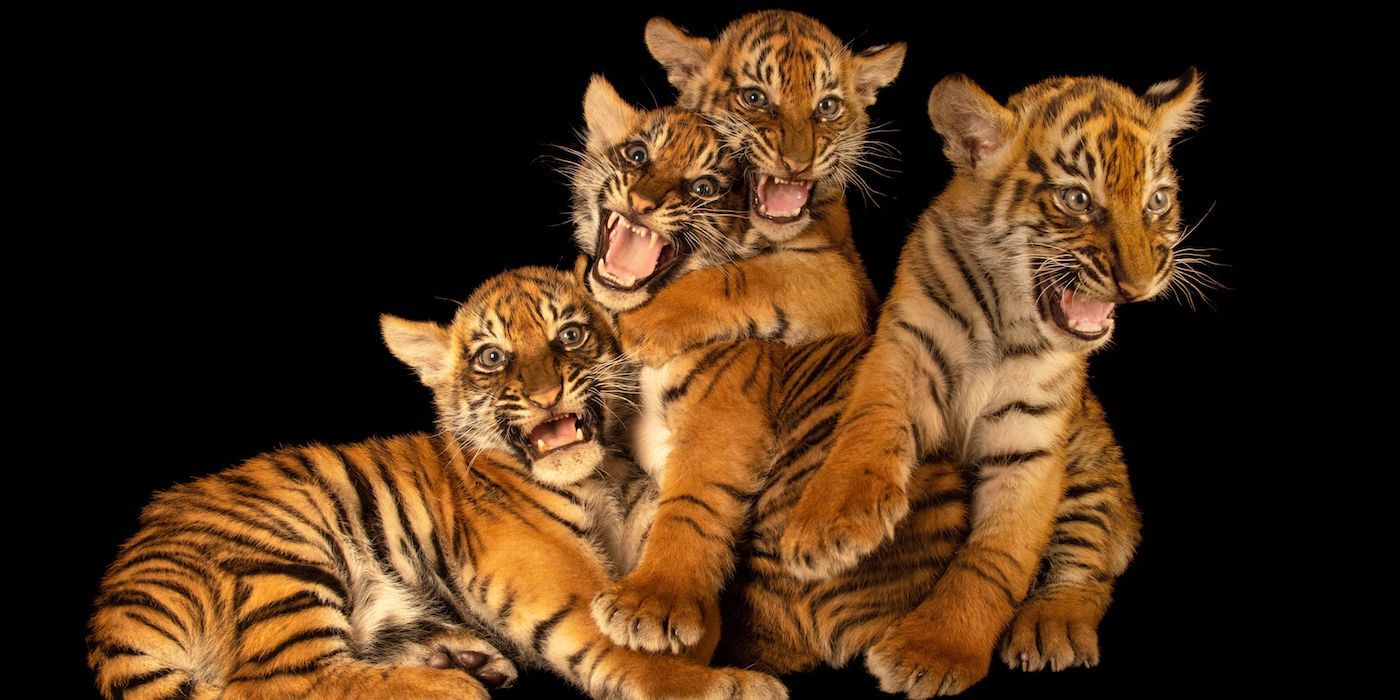
One was called The Birds.
In that book was a look at several birds that have gone extinct, including the passenger pigeon.
Are you scared of any animals?
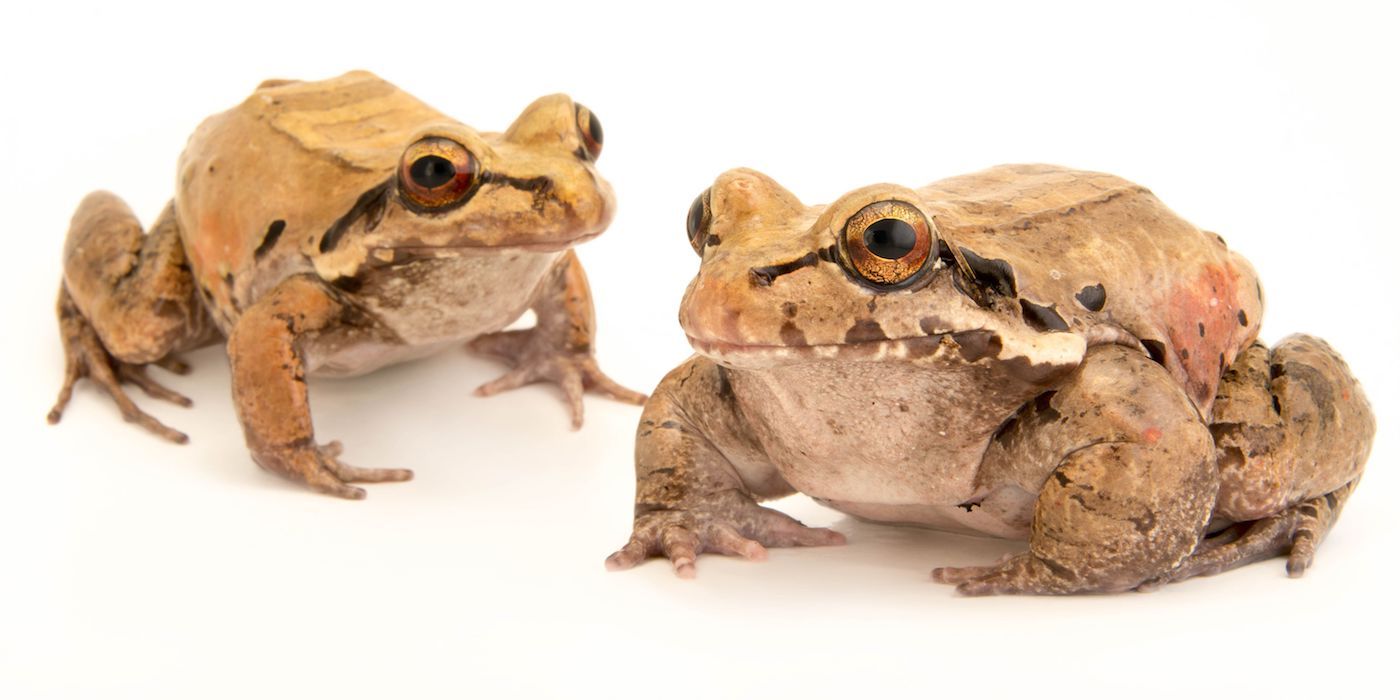
Well, I need to care about all of them for tell the story of life on Earth.
And so I do.
You’ve said The Photo Ark is a 25 year project.
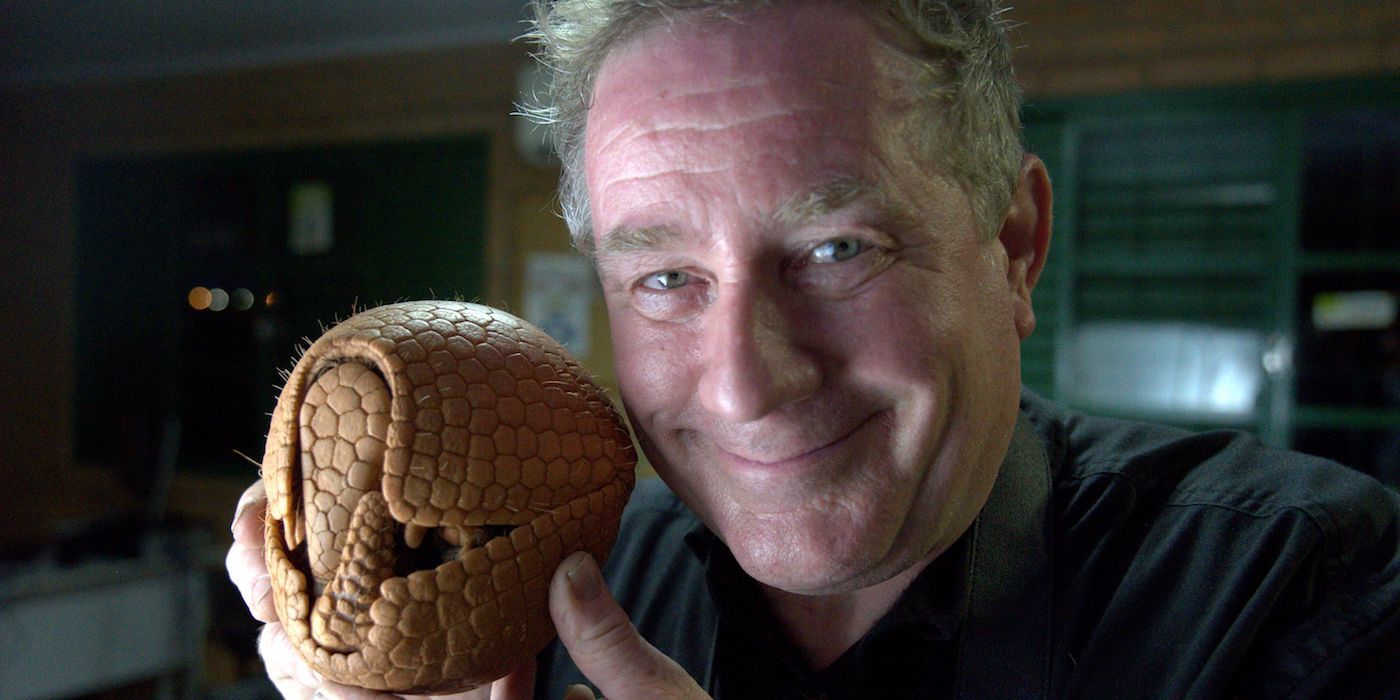
What drives you through the duration of such a massive undertaking?
How do you keep your excitement up in a project that requires so much travel logistics and studio setup?
I’m very proud of that.
There are 12,000 species that you endeavor to capture for The Photo Ark.
We’re actually aiming for approximately 15,000 species.
I always say that I am looking forward to the next species I photograph.
What are some of the biggest challenges you’ve encountered on your Photo Ark journey thus far?
Sometimes we’re rushing against the clock.
Quite literally, our future depends on nature.
We cannot continue to destroy one species and ecosystem after another and think it wont matter to humanity.
Its quite the opposite; our air, water and food hang in the balance.
Next:Renan Ozturk Interview & Exclusive Clip: Lost on Everest